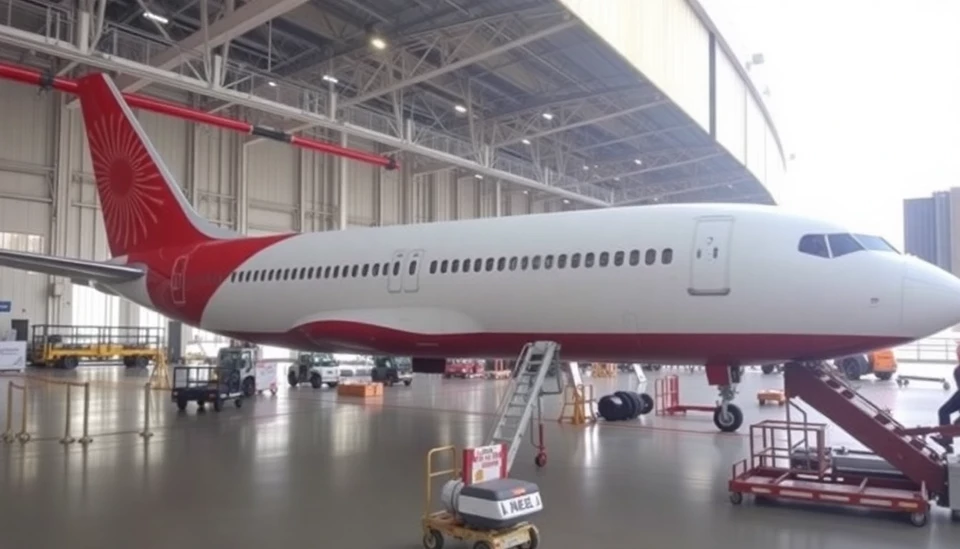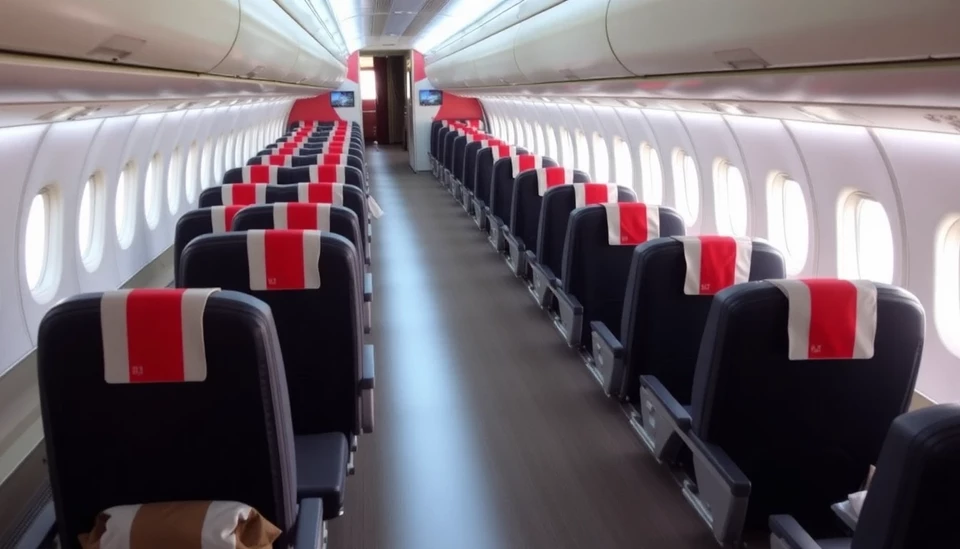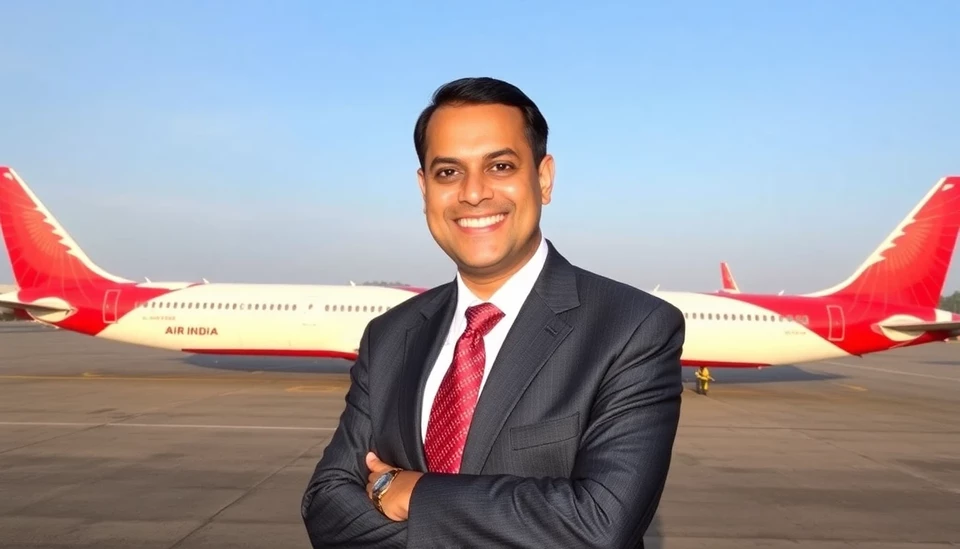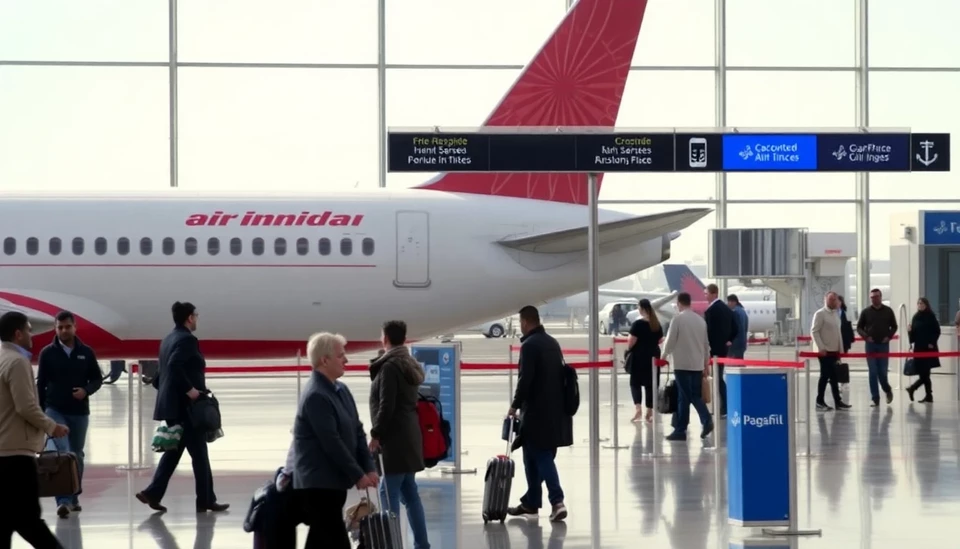
In a notable development for the aviation industry, Air India has expressed strong interest in acquiring a fleet of Boeing planes that were previously rejected by Chinese airlines. This strategic move highlights Air India's ambitions to expand its operations and enhance its service offerings in the coming years.
The specific models being considered by Air India are part of Boeing’s 737 MAX family, which has experienced a tumultuous journey since its introduction to the market. Originally, these aircraft faced significant scrutiny and regulatory hurdles in various regions, particularly following two high-profile crashes that resulted in a global grounding of the fleet for nearly two years.
Sources close to the airline indicate that Air India sees a unique opportunity in these rejected aircraft, capitalizing on Boeing's efforts to re-enter markets where demand for new planes is surging. The Indian market has shown resilience, with a steady increase in air travel demand post-pandemic, making this a strategic acquisition for Air India as it looks to modernize its fleet.
China’s cautious approach towards the 737 MAX — coupled with the historical challenges Boeing has faced in the Chinese market — has left a gap that Air India is keen to exploit. By acquiring these aircraft, Air India could potentially receive favorable pricing and speedier delivery times compared to custom orders.
Air India's decision comes amid aggressive efforts to revamp its image and improve customer experiences under the leadership of its new management team. The airline has already launched initiatives to increase passenger comfort and expand routes, positioning itself as a competitive player in the fast-evolving aviation landscape.
Industry analysts have noted that Air India's acquisition could serve as a significant boost to its fleet capabilities, enabling it to offer more competitive services on both domestic and international fronts. The plans align with the Indian government's broader objectives to promote aviation growth and enhance connectivity across regions.
As Air India continues to navigate the complexities of global aviation dynamics, the interest in previously rejected aircraft solidifies its commitment to innovation and adaptation in an otherwise challenging market. This move not only reflects strategic economic planning but also a willingness to take risks that could redefine Air India’s future trajectory.
As the situation unfolds, all eyes will be on how this strategy shapes Air India’s operations and its ability to effectively compete against its rivals in the airline industry.
In summary, Air India’s move to acquire Boeing aircraft previously declined by Chinese airlines underscores the competitive spirit of the airline as it looks to reposition itself in a rapidly evolving aviation sector.
#AirIndia #Boeing #AviationNews #AircraftAcquisition #737MAX #IndianAirlines #MarketExpansion #TravelIndustry
Author: Victoria Adams


